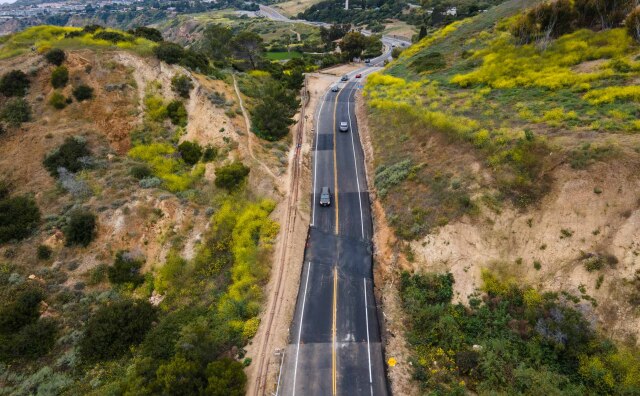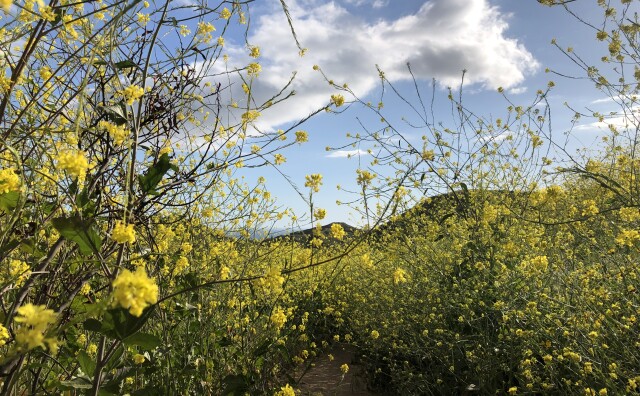Topline:
“Imperfect Paradise: The Gen Z Water Dealmaker” is about JB Hamby, the 28-year-old lead negotiator for California who is in charge of protecting the state’s access to Colorado River water during the worst drought ever on the waterway.
Negotiating skills are going to become increasingly important in the future, as climate change complicates our access to — and the availability of — resources like water.
In Part 4 of our series, Victoria Medvec, author of Negotiate Without Fear and professor at the Kellogg School of Management at Northwestern University, joins host Antonia Cereijido to break down what lessons she thinks we can learn by looking at the negotiations around the Colorado River.
Among those lessons:
Reduce egocentric bias: Medvec says that one of the biggest mistakes she sees in negotiations is when people only focus on their own needs and do not take into consideration what the other party or parties’ interests are. She says that she’s seen Hamby move from an egocentric position to a more open one and thinks it's a good strategy.
Broaden the issues at the negotiating table: If you are negotiating around really contentious issues, sometimes it’s better to bring new issues to the table that can help get you leverage on the issues you care about most. Medvec uses the hypothetical example of bringing in something like education around the river to offset the pressure around how much water each state is allotted.
Make the first offer: It's really important to lead the conversation and not to follow. Medvec also recommends to “go in with multiple offers rather than a single offer. And I mean multiple offers all at the same time. Because doing that will allow … a stronger starting point advantage with a stronger anchor.”
Highlight gain to maintain the status quo, highlight loss to move off: If you are happy with the current status of things, you have to highlight how things are stable. For instance, there was a lot of rain last year and so for the states that use Colorado River water and are happy with their access, they should highlight that it was a year of stability. However, if you want terms to change drastically, you have to create a sense of urgency. This could mean pointing to how climate change has greatly depleted the amount of water in the Hoover Dam where Colorado River water is collected.
And lastly, know your opponent’s worst case scenario: “Sometimes people don't want a deal," Medvec says. "People sometimes want an impasse and they're engaging to distract. They're not engaging to get to agreement.” She suggests you ask yourself, “What is their best outside alternative? What happens if we don't get an agreement to them? And what does it mean for them?” That way you know if you’re wasting your time.
How can I listen? Here's Part 4:
New episodes of Imperfect Paradise: The Gen Z Water Dealmaker publish Wednesdays wherever you get your podcasts, on LAist.com, and on broadcast at LAist 89.3 the following Sunday.








